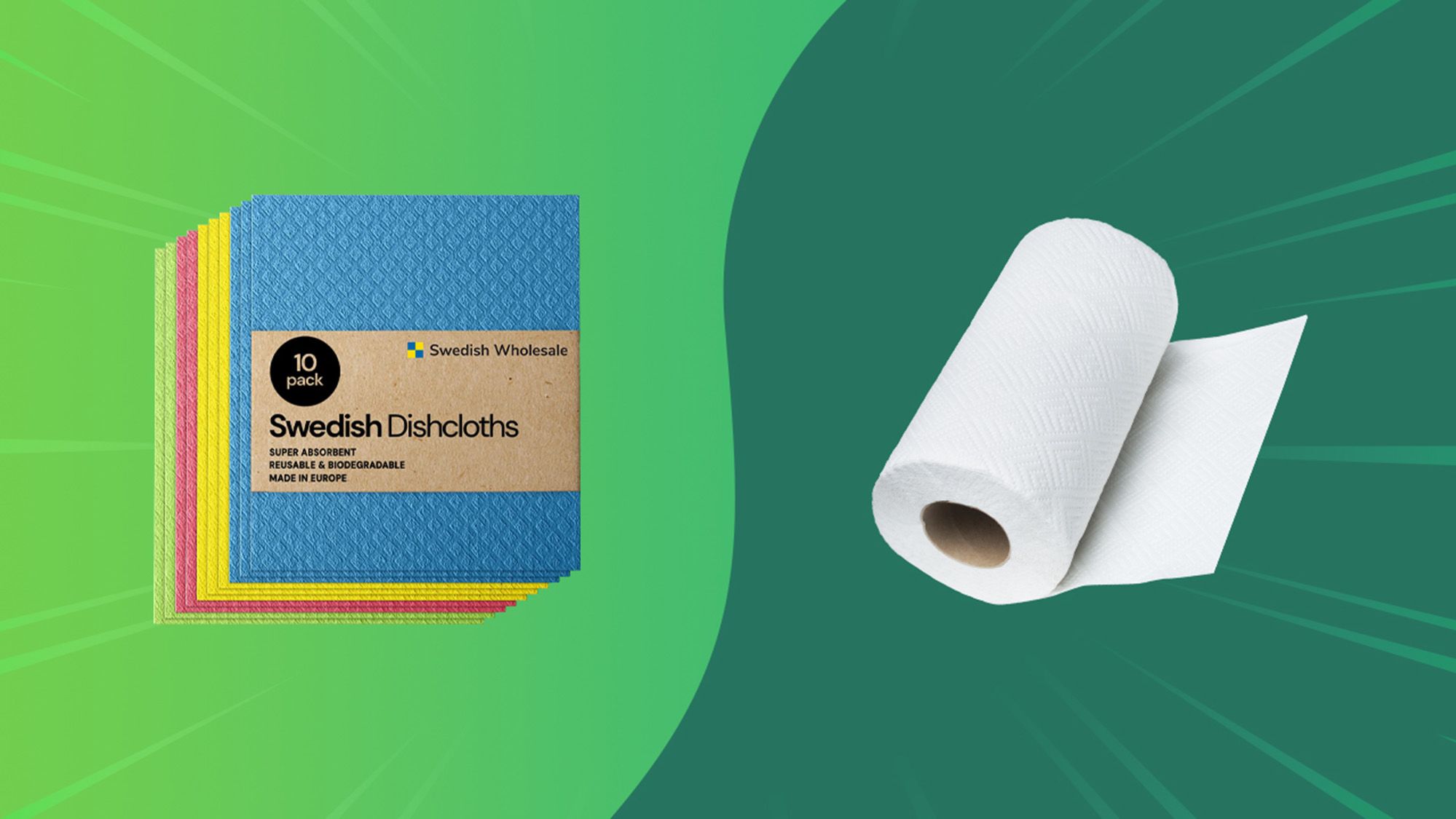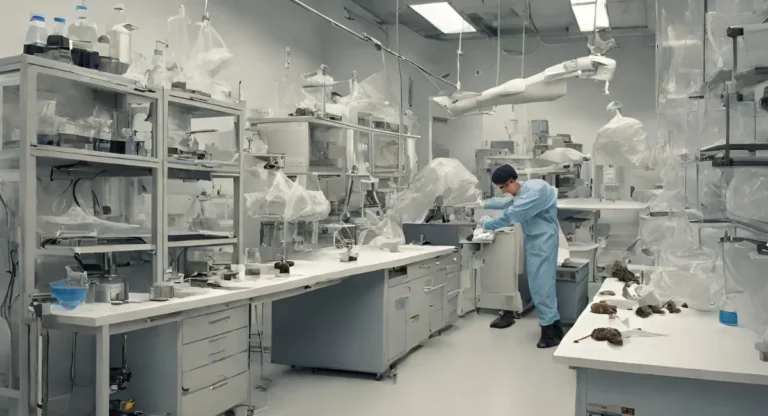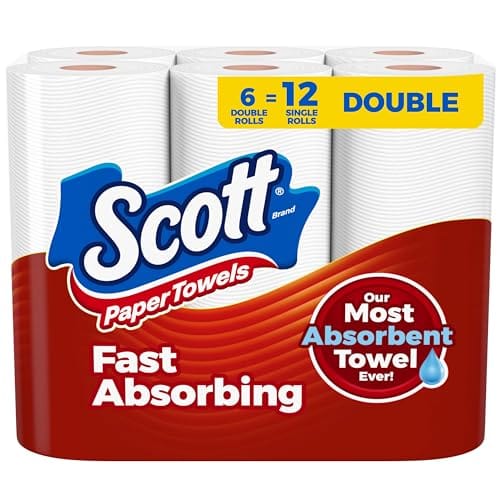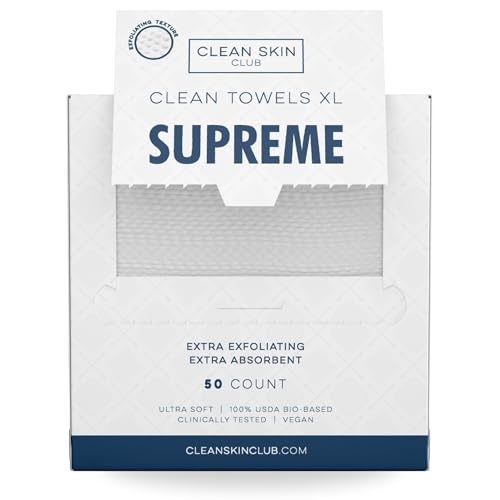Paper towels are compostable if they are not contaminated with chemicals or grease. Composting them is straightforward in a home or industrial setting.
Home composting has become increasingly popular, given the shift towards sustainable living. Including paper towels in your compost pile complements this eco-friendly solution. Paper towels made from organic materials break down easily in a compost system, returning valuable nutrients to the soil.
This process diverts waste from landfills and enriches garden beds. Remember that only clean, unbleached, and chemical-free paper towels should be added to compost to prevent introducing toxins to the soil. Before tossing them into your compost bin, ensure they are free from synthetic cleaners and oils. Simple steps like shredding the paper towels can speed up the decomposition process, providing a responsible way to dispose of this common household item while benefiting your garden.
Types Of Paper Towels
Regular Paper Towels
Regular paper towels are the most common type found in kitchens. These are made from virgin wood fibers. They come in various textures and absorbencies designed to tackle spills and messes. Key traits of regular paper towels include:- High absorbency to clean up liquids fast
- Soft texture suitable for delicate surfaces
- Typically contain bleach and chemicals for whitening
Recycled Paper Towels
Recycled paper towels provide a more eco-friendly option. These are made from post-consumer waste. They help reduce the number of trees cut down for paper production. Characteristics of recycled paper towels include:- Use of less energy and water in manufacturing
- Reduced environmental footprint
- Often unbleached, reducing harmful chemicals
What Makes Paper Towels Compostable?
Material
Paper towels come from paper fibers. These fibers, often crafted from wood or recycled material, provide a natural base. As organic matter, they break down in a compost environment, turning into nutrient-rich soil. Key to the process is the presence of microbes that enjoy feasting on such organic materials. Let’s peek at what these fibers must be free from to be compost-friendly.- No inks or dyed patterns – to ensure clean decomposition.
- Free from grease and chemicals – contaminants hamper composting.
- Biodegradable – this means they can break down naturally.
Additives
The journey from a paper towel to compost gold can be derailed by additives. For your kitchen roll to truly be compostable, it should stay clear of:| Additive Type | Impact on Composting |
|---|---|
| Chemical cleaners | May harm beneficial compost microbes. |
| Plastic fibers | Non-biodegradable, persist in soil. |
| Fragrances | Could introduce toxins to compost. |
Benefits Of Using Compostable Paper Towels
Reduces Waste
Everyday, homes and businesses generate tons of waste. Switching to compostable towels cuts this dramatically. These towels can decompose, meaning less trash in landfills.Environmental Benefits
Compostable paper towels offer significant environmental perks. Here’s why:- Less deforestation: They often come from recycled materials, preserving forests.
- Lower pollution: They break down without releasing harmful chemicals.
- Improved soil health: As they compost, they become part of healthy soil.
Cost-effective
These eco-friendly towels are surprisingly budget-friendly. They often require fewer resources to produce. Plus, by composting, you reduce waste disposal costs.| Aspect | Regular Paper Towels | Compostable Paper Towels |
|---|---|---|
| Decomposition | Can take years | Breaks down quickly |
| Environmental Impact | Negative | Positive |
| Cost Over Time | Higher for disposal | Lower with composting |

How To Compost Paper Towels
Choose A Compost Bin
Start with the right bin. Your bin can be a simple pile in the yard or a store-bought compost bin. Ensure it allows for airflow and is easy to access for maintenance. A lid or cover will retain heat and moisture, accelerating the composting process.Cut Or Tear The Paper Towels
Smaller pieces break down faster. Cut or tear paper towels into small sections before adding them to your compost. This increases the surface area for microbes to work more efficiently.Add To Compost Pile
- Layer wet, green materials with dry, brown ones.
- Include paper towels as brown material.
- Maintain a good balance for optimal decomposition.
Monitor And Maintain Compost
Regularly check your compost for moisture and temperature. Turn the pile every few weeks to aerate it. It should be damp, not soaking. Monitor for a healthy balance of green and brown materials. Following these steps, paper towels will enrich your compost, turning waste into a useful resource.Limitations Of Composting Paper Towels
Composting paper towels seems straightforward, right? Not always. Understanding the challenges can make composting more effective. Let’s dive into the limitations that may affect the composting process of paper towels.
Contamination
Used paper towels can carry unwanted substances. These include:- Household chemicals – Cleaners and disinfectants may be harmful.
- Food remnants – These might attract pests to the compost.
- Personal care products – Towels used with these should be avoided.
Carbon To Nitrogen Ratio
Balancing carbon (browns) and nitrogen (greens) is crucial for compost health. Paper towels are ‘browns.’ They need to be mixed properly with ‘greens.’ Otherwise, breakdown slows down. Compost gets too dry or too wet. Here’s what you should know:| Browns (Carbon) | Greens (Nitrogen) |
|---|---|
| Paper towels | Food scraps |
| Cardboard | Grass clippings |
| Leaves | Coffee grounds |
Timing
Composting is not instant. It takes time for materials to break down. Paper towels add to this timeline. Your compost might take longer to mature. Keep these tips in mind for timing:- Shred towels to speed up decomposition.
- Turn your compost regularly.
- Monitor moisture levels.
- Be patient—good compost can take months.



